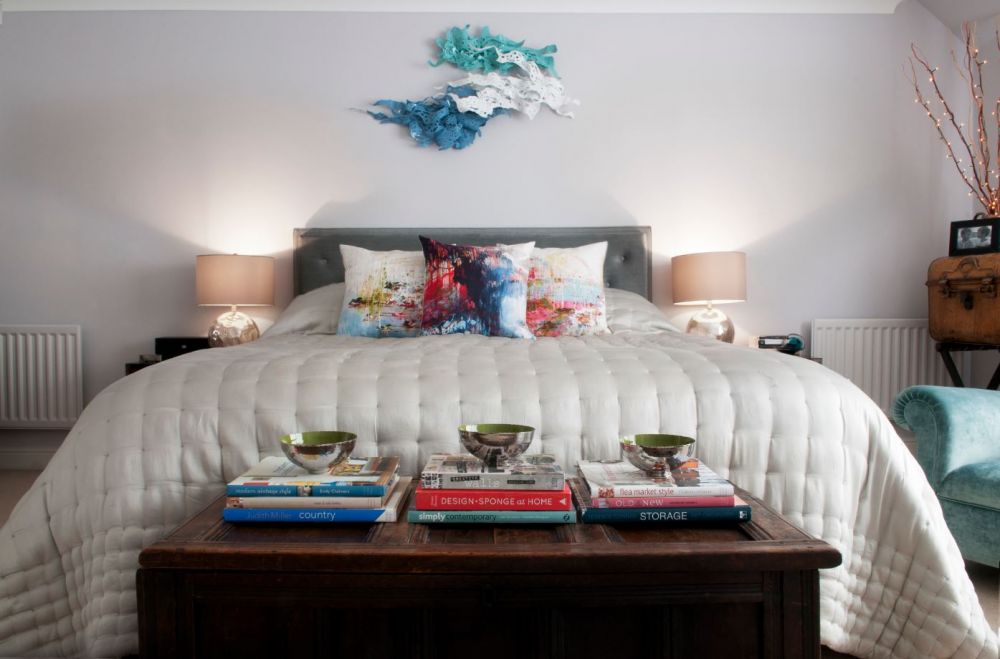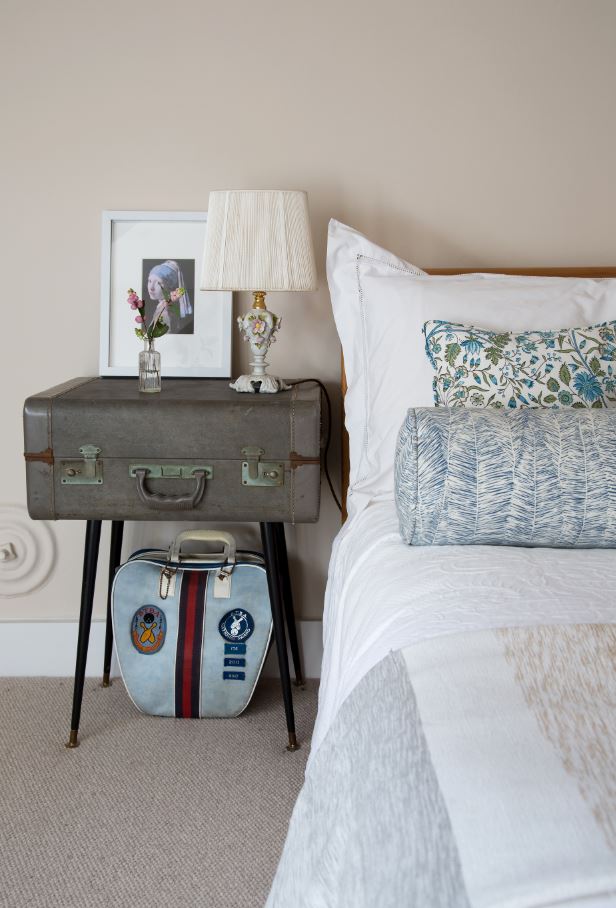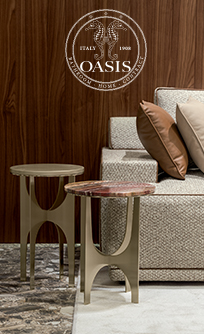The bedroom speaks to us of life’s simple pleasures and marks the beginning and end of every day in our life. It can sometimes appear to be the room less used in our homes but with sleep filling a third of our lives, perhaps it’s a lot more significant than we think. My question, as a designer, is how can we create better places for us to live in? After all, a better designed bedroom could make a huge difference to how we sleep and therefore how we feel.
The key is understanding how our bodies work. All living things have a Circadian Rhythm, which is roughly a 24 hour cycle that our bodies go through. Humans are Diurnal animals, which means our Circadian Rhythm is programmed to have us awake during daylight and asleep during the night.
With our body programmed to sleep when it gets dark, it needs to go through the process of powering down, which is stimulated by the sun set. So, have softer lighting in your bedroom and fit dimmer switches so it gets gradually darker throughout your nightime routine to fake twilight.
Going dark with your colour scheme helps create nighttime indoors. Use blackout lining on your curtains and blinds, but don’t seal every aspect of light from coming through. The light from dawn will gently rouse you for the day.
The comfort of our beds serves a vital role in our sleep and picking the right mattress and pillow are essential, so take the time to try a mattresses and pillows in store. Keep your mattress in good health by turning it regularly and replacing it when needed. It is thought that a regularly used mattress will reach the end of its life between 5-10 years. With linens and duvet, buy the best your budget will allow and step away from the synthetics as they can over heat you.
Relaxing before bed puts you in the right zone for heading off to the land of nod. Remove gadgets from the bedroom, including TVs. It is recommended that you stop using all gadgets one hour before going to sleep as these keep your brain active which makes it hard for it to switch off quickly.
Clutter is also a sleep killer as well as a mood killer. It has been shown that clutter can be stress inducing, with cortisol readings the same as post-traumatic stress disorder. Keep the bedroom simple by only have things you need in there.
Where most of us think cosy and warm makes us sleep well, in fact it is the opposite. Our body temperature needs to drop to stimulate sleep with Neuroscientist Matthew Walker, recommending a room temperature of 18.3°C. Set your thermostat to this temperature to be reached by the time you’re going to bed and use bedding that keeps you at an optimum temperature.
I know some find blue an unappealing colour for bedrooms but I think it’s a great choice. It’s relaxing and gives a feeling of space. If blue isn’t your bag, then pick something else from the cooler end of the colour wheel. A red bedroom might sound sexy but is a disaster for mind and body!
Taking care with your bedroom design will allow your bedroom to take care of you as you drift off and, as William Shakespeare wrote, ‘enjoy the honey-heavy dew of slumber.’






